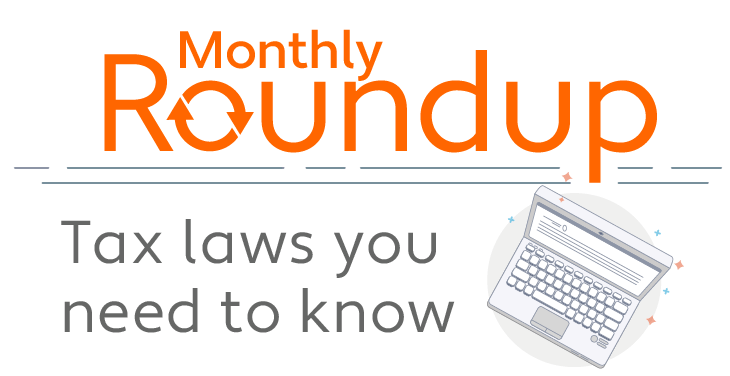South Dakota Department of Revenue responds to Wayfair decision
South Dakota was at the center of a seminal ruling by the Supreme Court of the United States. Overruling precedent upheld in 1992, the court determined a business does not need to have a physical presence in a state for that state to impose a tax collection obligation on it. In South Dakota v. Wayfair, Inc., the Supreme Court found “economic and virtual contacts” between a business and a state to be sufficient.
Yet South Dakota can’t enforce its law. The court remanded the case to state courts for further proceedings, and the law is under an injunction until the courts give it the green light. That could take months, though the South Dakota Department of Revenue says it expects “the injunction will soon be lifted.”
In the meantime, the department is inviting remote retailers to voluntarily apply for a South Dakota sales tax license.
Who needs to register with South Dakota?
Under South Dakota law, any business with a physical presence in the state must collect and remit tax on its South Dakota sales no matter how much business it does in the state.
However, remote retailers need only register if, in the current or previous calendar year:
- The business has gross sales into South Dakota exceeding $100,000; or
- The business has 200 or more separate transactions into South Dakota.
According to the South Dakota Department of Revenue, gross sales or transactions include the sale of tangible personal property (aka, stuff), any products transferred electronically, or services.
How is the threshold determined?
Once one of the thresholds has been crossed, sellers must register with the state and collect sales tax from that point forward, and through the following year.
For example, if a seller met one of the above thresholds during the 2017 calendar year, the seller must obtain a South Dakota sales tax license and remit applicable taxes for all 2018 transactions occurring after the injunction is lifted.
If a seller meets one of the above thresholds during the 2018 calendar year for the first time, the seller must obtain a license and remit applicable taxes for the following:
- All 2018 transactions occurring after either threshold is met in 2018 and after the injunction is lifted; and
- All transactions in 2019.
As of this writing, the state has not set a specific date when it will implement the remote seller law — it has to wait to see what happens in court. However, South Dakota will not require remote sellers to collect and remit tax retroactively (i.e., on transactions occurring prior to the end of the injunction). Additional information.
How do I register?
Out-of-state businesses wishing to obtain a South Dakota sales tax license have two options: register through the South Dakota Department of Revenue, or register through the Streamlined Sales Tax Governing Board (or SST).
Registering through the SST is a good option for sellers that do business in multiple states, or plan to. One process completes registration for all 23 full member states: Arkansas, Georgia, Indiana, Iowa, Kansas, Kentucky, Michigan, Minnesota, Nebraska, Nevada, New Jersey, North Carolina, North Dakota, Ohio, Oklahoma, Rhode Island, South Dakota, Utah, Vermont, Washington, West Virginia, Wisconsin, and Wyoming. Registration in Tennessee, which is not a full member, is optional.
Businesses that opt to register in all SST states may note that they have no sales in states where they made no sales. In this event, they’ll be issued a sales tax license for those states, but won’t be required to file returns until sales are made.
Businesses that don’t want to register in all SST member states should register directly with the South Dakota Department of Revenue unless a Certified Service Provider (CSP) handles sales tax compliance for them. In this case, the CSP can complete the registration process. Learn more about CSPs here.
South Dakota isn’t the only state preparing to require remote sellers doing a certain amount of business in a state to collect and remit tax. Numerous states have announced they’ll start enforcing economic nexus starting October 1, 2018, or January 1, 2019. And Hawaii and Vermont began enforcing their laws on July 1, 2018.
Get up-to-date information at this Avalara resource page.

Your competitors live by this annual report
Trusted by professionals, this valuable resource simplifies complex topics with clarity and insight.
Stay up to date
Sign up for our free newsletter and stay up to date with the latest tax news.













